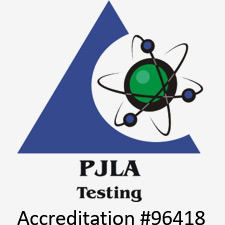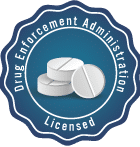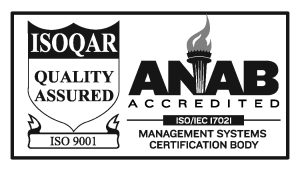Understanding how materials function in end-use scenarios requires specific insights. These run the gamut of material properties. But testing methodologies, especially in medical device and pharmaceutical settings, can largely be classified as either physical or chemical forms of characterization. Although distinct, these two paradigms aren’t at odds. In fact, they provide complimentary information that allows researchers to build a comprehensive picture of materials under test.
Physical Characterization: Understanding the Tangible
Used for learning about how materials behave in different environments, physical characterization analyzes a material’s physical properties without changing its chemical composition. Some key techniques include:
- Microscopy: Techniques like scanning electron microscopy (SEM) and transmission electron microscopy (TEM) are used to observe the surface and internal structures of materials at high magnifications. This can reveal detailed information about the morphology and crystalline structure of the sample.
- Spectroscopy: Fourier-transform infrared spectroscopy (FTIR) can provide information about the physical state of a material. This includes its phase (e.g., solid, liquid, or gas), as well as its crystallinity. Spectroscopy techniques are non-destructive and can offer insights into the molecular interactions within a material.
- Chromatography: In physical characterization, techniques like gel permeation chromatography (GPC) are used to determine the molecular weight distribution of polymers and proteins. This method is particularly useful in the pharmaceutical industry, where understanding the size and distribution of molecules is critical for drug formulation.
Chemical Characterization: Delving into Molecular Composition
Chemical characterization, on the other hand, is all about understanding the chemical makeup and molecular structure of a substance. This often involves altering the sample to some extent to obtain detailed chemical information. Key techniques used in chemical characterization include:
- Mass Spectrometry (MS): This powerful chemical characterization technique is used to determine the molecular weight and structure of compounds by ionizing chemical species and sorting the ions based on their mass-to-charge ratio. MS is widely used in extractables and leachables analysis to identify and quantify complex mixtures of compounds.
- Chromatography: While also used in physical characterization, chromatography plays a different role in chemical analysis. High-performance liquid chromatography (HPLC) is used to separate, identify, and quantify the chemical components within a mixture. This is crucial for the purity analysis of active pharmaceutical ingredients (APIs) and excipients.
- Chemical Analysis: Techniques such as titration, spectroscopy, and chemical reactions are employed to identify and quantify specific elements or compounds within a material. For instance, in protein analysis, determining the amino acid sequence involves breaking down the protein into its constituent amino acids for detailed study.
Complementary Techniques for Comprehensive Analysis
In essence, physical characterization provides insights into the tangible attributes of a material—size, shape, and structure—without altering its chemical nature. This makes it ideal for studies where maintaining the integrity of the sample is crucial. Chemical characterization, however, digs deeper into the molecular composition, often modifying the sample to unravel the intricate details of its chemical makeup.
For medical device, biotechnology and pharmaceutical industries, where both the physical form and chemical purity of a substance can impact efficacy and safety, physical and chemical characterization methods are indispensable. Choosing between physical and chemical characterization—or employing both—depends on the specific goals of your laboratory testing, such as the turnaround time you wish to achieve, and the level of detail required for your risk assessment.
To learn more about how physical and chemical characterization can be applied to your projects or to explore our comprehensive laboratory services, including those for medical devices, pharmaceuticals, and food and drink, visit our services page.





